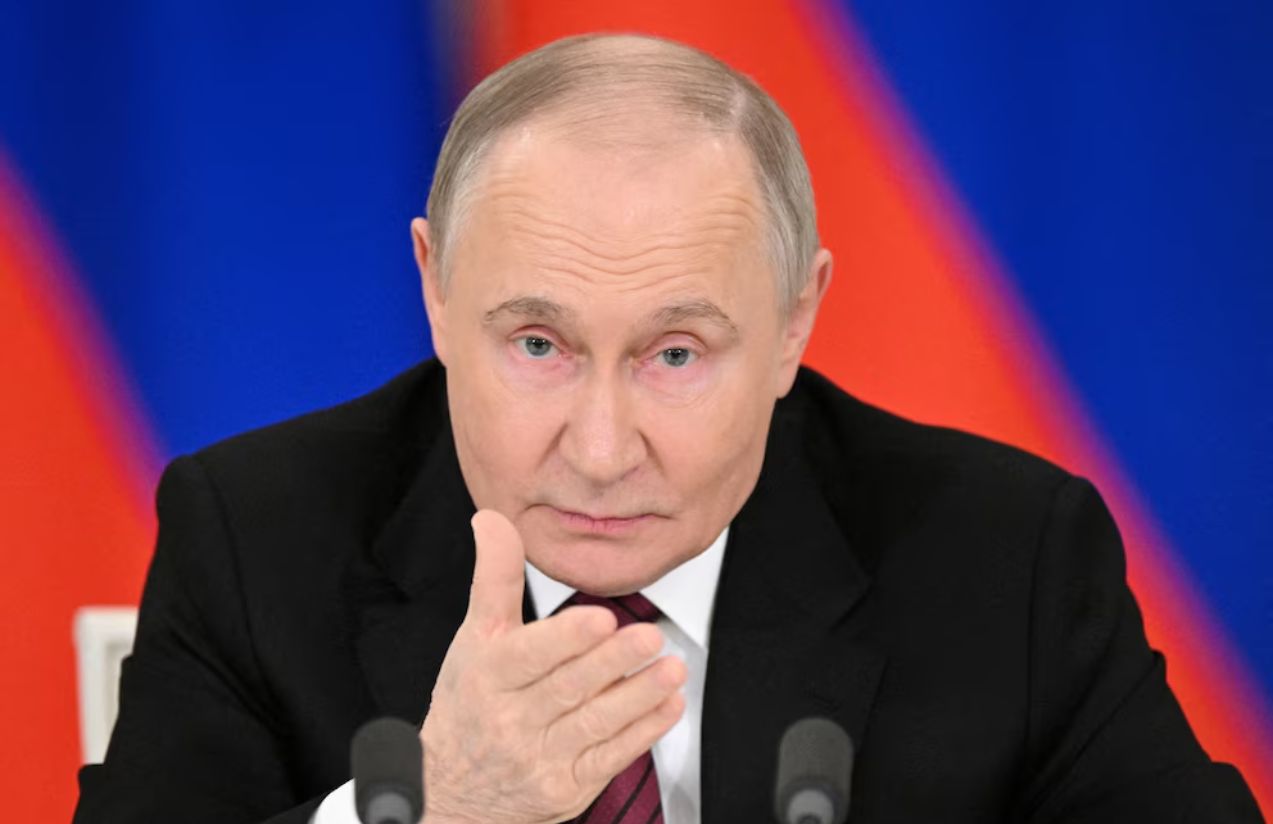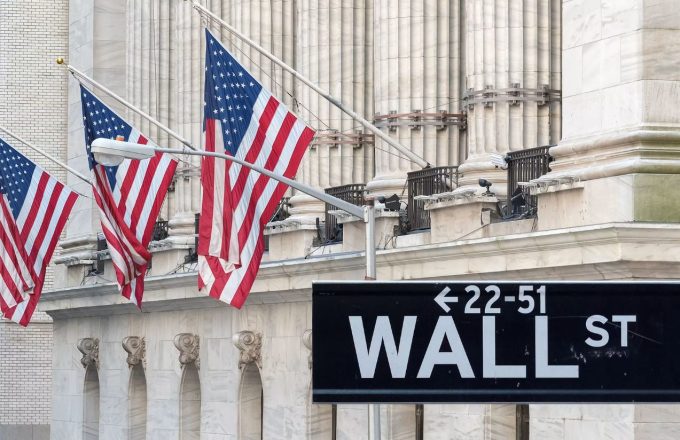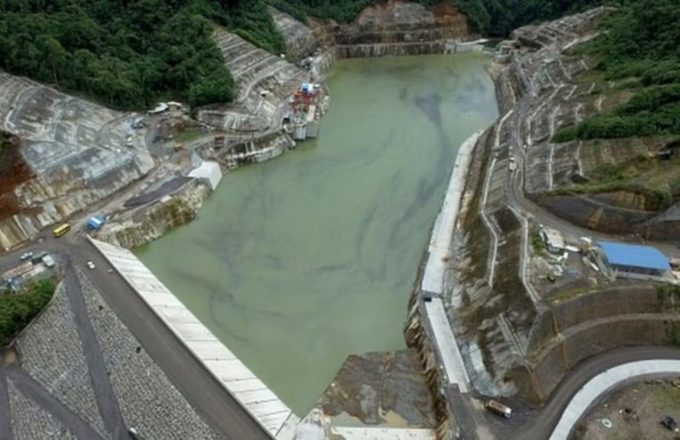Russian President Vladimir Putin admitted on Friday that the country allocates a “rather high portion” of its Gross Domestic Product (GDP) to defense spending, currently reaching 6.3%, and suggested that this investment could be scaled back in the coming years. According to Putin, this level of expenditure has contributed to rising inflation in the country.
Speaking at a press conference in Minsk, Putin described the defense budget—which stands this year at around 13.5 trillion rubles (approximately €147 billion)—as “high,” amid the ongoing war in Ukraine that began in February 2022. “I think it’s a lot and, of course, one of the issues we must address. And we are doing so with dignity,” he said. However, he noted that no final agreement has been reached within the government regarding a potential reduction in military spending.
Russia is currently experiencing a slowdown in economic growth, driven by falling energy revenues and the central bank’s efforts to contain inflation. In April, the Ministry of Finance revised its forecast for the 2025 budget deficit from 0.5% to 1.7% of GDP, after cutting its estimate for energy income by 24%. The government plans to dip into fiscal reserves this year to balance the budget, and the next draft budget is expected in the fall.
Putin also contrasted Russia’s stance with that of European countries, which are significantly boosting their defense budgets. His remarks came just days after NATO member states agreed in The Hague to increase their military spending to 5% of GDP over the next decade, aligning with proposals put forth by U.S. President Donald Trump.
Meanwhile, European Union leaders on Thursday reaffirmed their plans to ramp up defense spending and called on the European Commission to develop a roadmap toward 2030, outlining how to achieve greater preparedness in security matters. The plan includes interim evaluations, the first of which is set for the European Council summit in October.
Not all countries are embracing this path with the same intensity. Spanish Prime Minister Pedro Sánchez has distanced himself from more ambitious targets, capping Spain’s defense spending at 2.1% of GDP—an amount he considers sufficient to meet the country’s capability commitments.
Globally, the surge in military spending is not limited to Europe or Russia. According to The Economist, Israel, currently engaged in conflict, spent over 8% of its GDP on defense last year. Even Japan, long associated with a pacifist stance, is planning a substantial increase in its defense budget. Such levels of expenditure, The Economist warns, could have significant effects on the global economy, placing pressure on public finances and reshaping the internal structure of national economies.




















